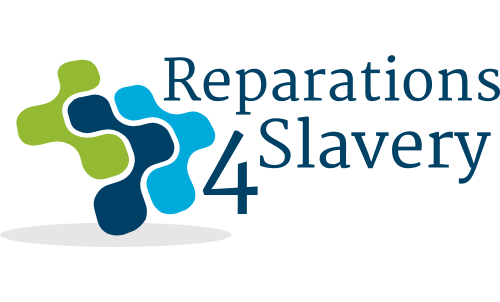Learn: Anti-Literacy Laws
Summary - Wikipedia
Anti-literacy laws in many slave states before and during the American Civil War affected slaves, freedmen, and in some cases all people of color.[1] Some laws arose from concerns that literate slaves could forge the documents required to escape to a free state. According to William M. Banks, "Many slaves who learned to write did indeed achieve freedom by this method. The wanted posters for runaways often mentioned whether the escapee could write."[2] Anti-literacy laws also arose from fears of slave insurrection, particularly around the time of abolitionist David Walker's 1829 publication of Appeal to the Colored Citizens of the World, which openly advocated rebellion,[3] and Nat Turner's slave rebellion of 1831.
The United States is the only country known to have had anti-literacy laws.[4]
Between 1740 and 1834 Alabama, Georgia, Louisiana, Mississippi, North and South Carolina, and Virginia all passed anti-literacy laws.[5] South Carolina prohibited teaching slaves to read and write, punishable by a fine of 100 pounds and six months in prison, via an amendment to its 1739 Negro Act.[6]
A website titled "Fight Municipal Court Abuse (court.rchp.com) includes the following in its list of significant anti-black laws:
- 1847, Missouri: Prohibited assembling or teaching slaves to read or write[7]
- 1829, Georgia: Prohibited teaching blacks to read, punished by fine and imprisonment[8]
- 1832, Alabama and Virginia: Prohibited whites from teaching blacks to read or write, punished by fines and floggings
- 1833, Georgia: Prohibited blacks from working in reading or writing jobs (via an employment law), and prohibited teaching blacks, punished by fines and whippings (via an anti-literacy law)
- 1847, Missouri: Prohibited teaching blacks to read or write[9]
***********************************
“Knowledge makes a man unfit to be a slave.”
― Frederick Douglass
Articles
How Literacy Became a Powerful Weapon in the Fight to End Slavery (C. Coleman)
Anti-literacy Laws -There Were Laws Against Teaching Blacks to Read? (J. C. Abercrombie)
Reading For the Enslaved, Writing For the Free: Reflections on Liberty and Literacy (E.J. Monaghan)
Self-Taught: African American Education in Slavery and Freedom (Heather A. Williams)
Books
Videos
"The Alphabet is an Abolitionist. If You Would Keep a People Enslaved, Refuse to Teach Them to Read"
The Legacy of Anti-Literacy Laws
Questions for Research and Reflection:
- In what ways does preventing or limiting Black literacy during the enslavement era contribute to intergenerational poverty?
- How does Black illiteracy figure into Black land theft or suppression of Black voting rights? What other effects might illiteracy have?
- How many generations of your family have gone to college? How did graduating influence your ancestors' choice of profession and income level?
- How does education allow for the transfer of generational wealth?
- Would you consider disinvestment in public schools a modern version of anti-Black literacy policy? Why or why not?
"It was never the case that a white asset-based middle class simply emerged. Rather, it was government policy, and to some extent literal government giveaways, that provided whites the finance, education, land and infrastructure to accumulate and pass down wealth."
